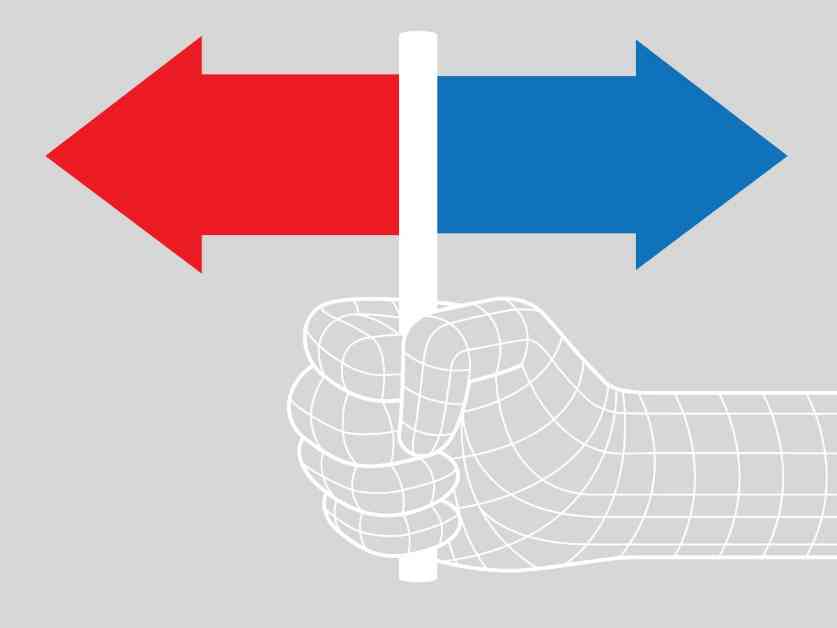The impact of the 2024 presidential election on the future of artificial intelligence (AI) is a critical issue that both candidates are addressing in different ways. Vice President Kamala Harris has been more vocal about the risks associated with AI and has proposed specific policy steps to protect vulnerable individuals from potential harm. In contrast, President Trump has expressed vague concerns about AI without offering concrete solutions.
Whoever wins the election will have a significant influence on AI policy at a time when no state or federal safety laws have yet addressed the most powerful forms of this technology. Governor Gavin Newsom recently vetoed a bill in California that would have established regulations for AI developers, highlighting the need for comprehensive legislation at the national level. The White House and Congress face increasing pressure to respond to the rapid advancements in AI technology and its potential impact on society.
The candidates’ previous actions in the AI arena provide insight into their potential policies if elected president. President Trump’s executive orders emphasized the importance of prioritizing AI research and development while lacking specific details on addressing risks associated with the technology. In contrast, the Biden-Harris administration’s executive order outlined policies to protect privacy and consumers from potential AI dangers, focusing on the safe and effective use of AI models.
Vice President Harris has been proactive in addressing AI risks, leading the U.S. delegation to a global AI safety summit and announcing the creation of the U.S. AI Safety Institute. She has highlighted the risks of deepfakes and disinformation as existential threats to individuals, broadening the definition of “existential” beyond traditional doomsday scenarios. In contrast, President Trump and conservative critics have raised concerns about political bias in AI models and have called for AI development rooted in free speech and human flourishing.
Nonconsensual AI images, such as sexually explicit deepfakes, pose a significant challenge in the AI era. Both candidates have taken different approaches to using AI-generated content in their campaigns, with Vice President Harris refraining from its use, while President Trump has amplified AI-made content on social media platforms. The prevalence of deepfakes in schools and the potential for spreading misinformation underscore the need for comprehensive AI policies to address these challenges.
As voters consider the candidates’ approaches to AI, it is essential to recognize the far-reaching implications of AI technology on various aspects of society. The next president will play a crucial role in shaping AI policy and addressing the risks and opportunities associated with this rapidly evolving technology. By staying informed and engaged on AI issues, voters can make informed decisions on who is best equipped to navigate the complexities of the AI era.










